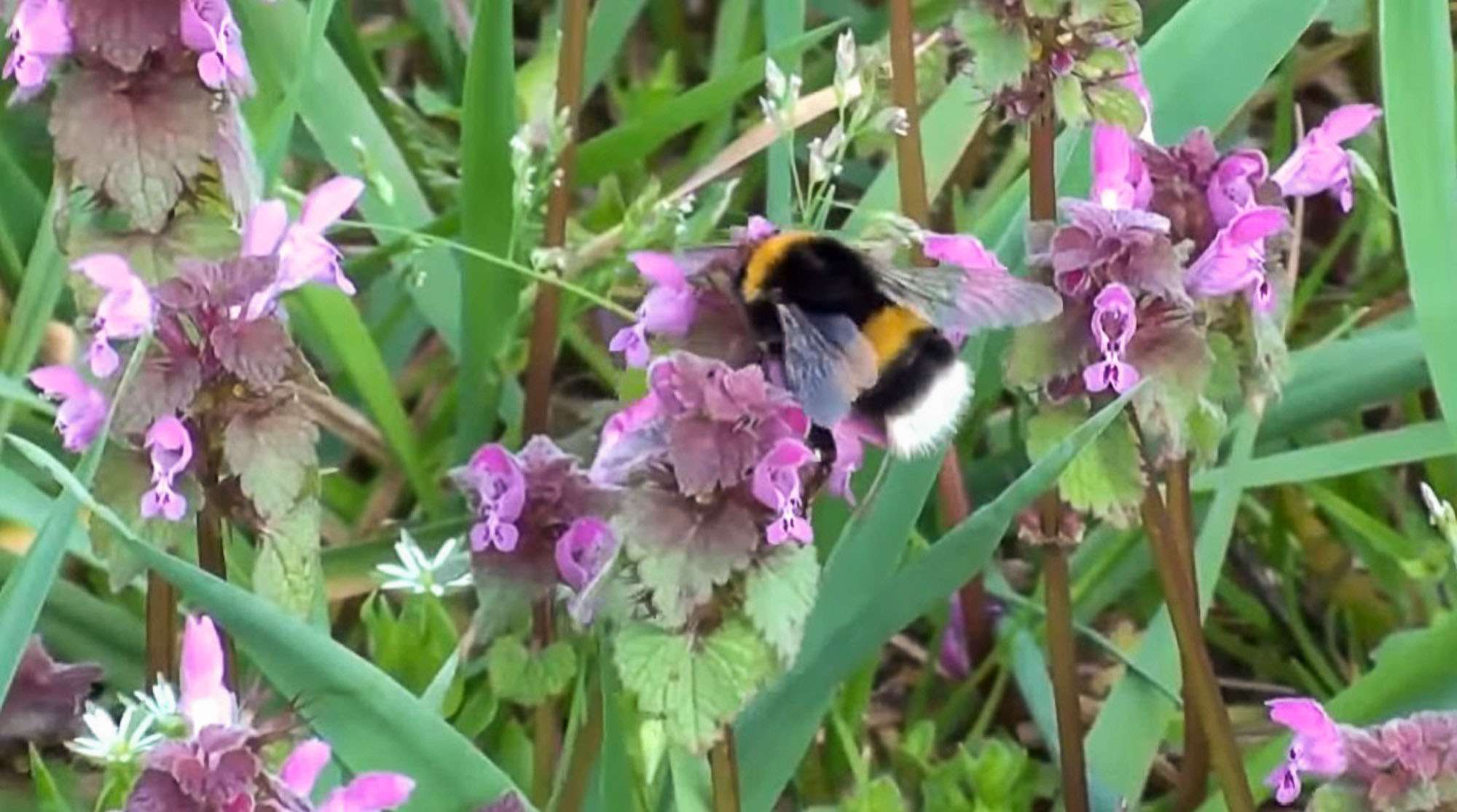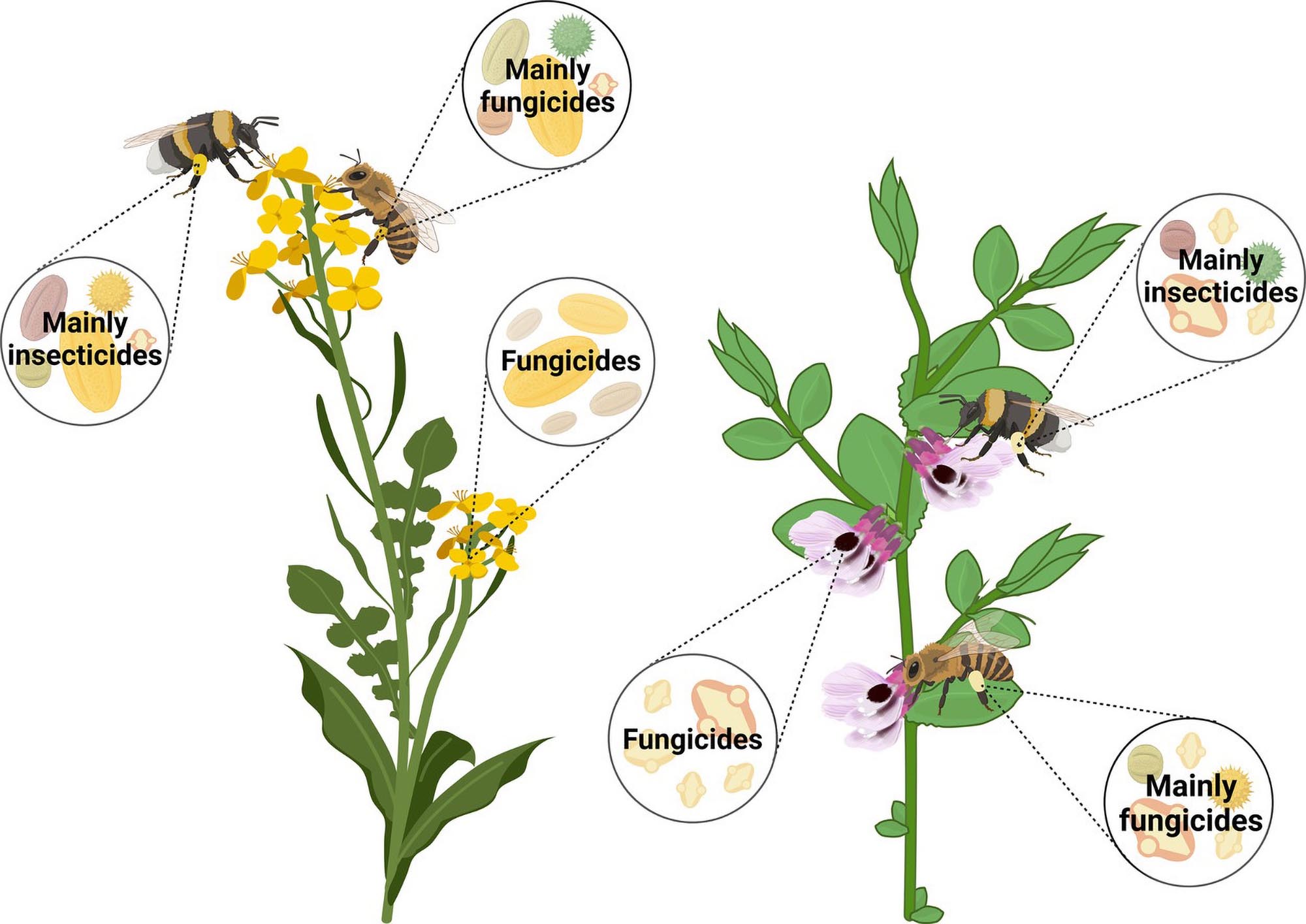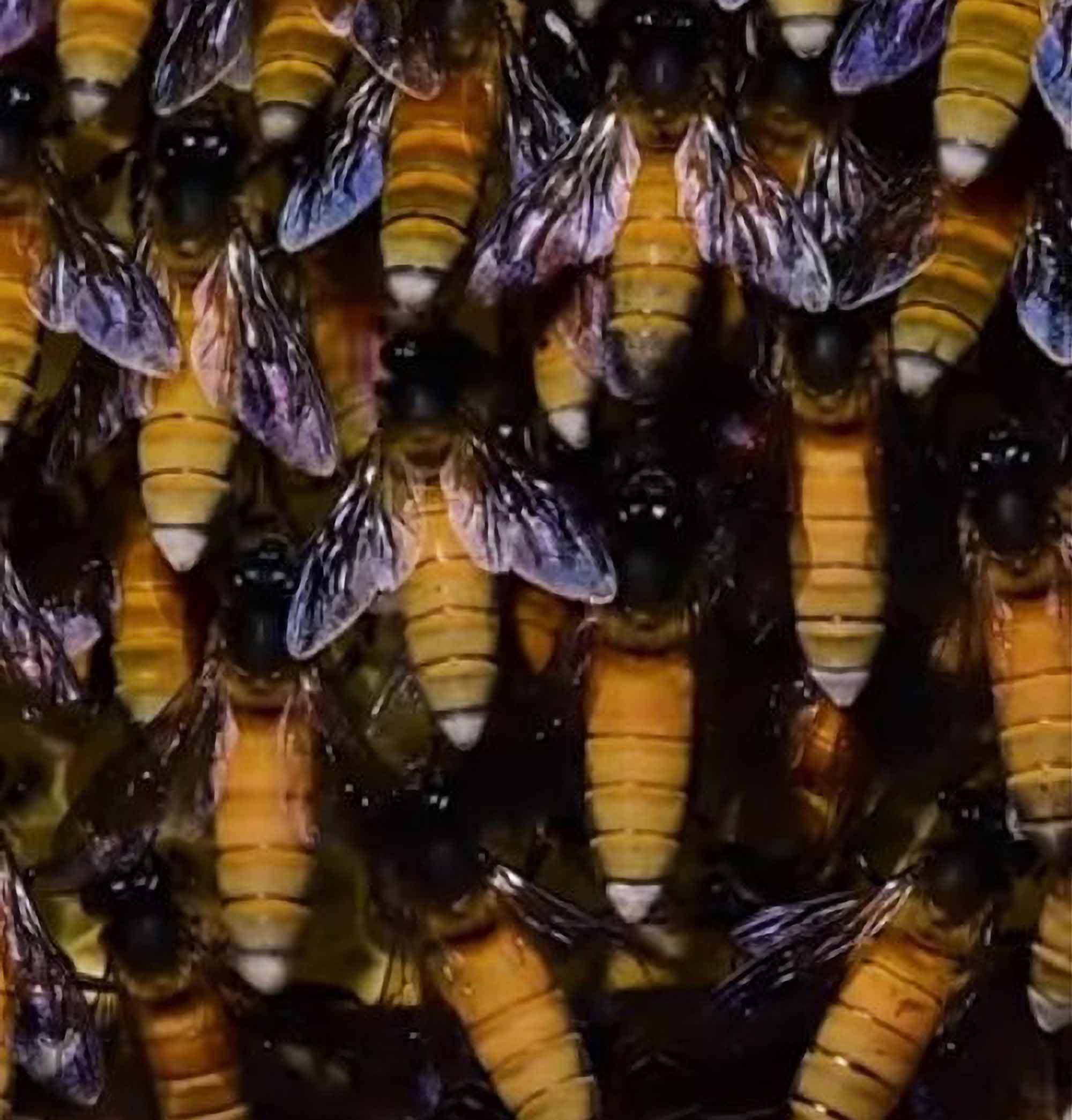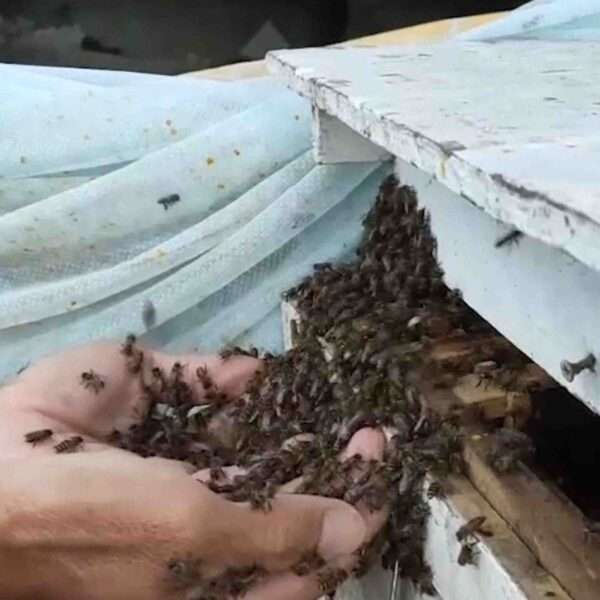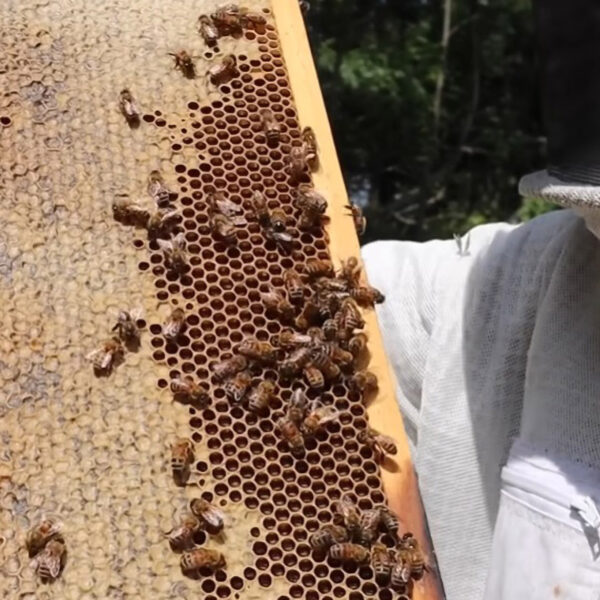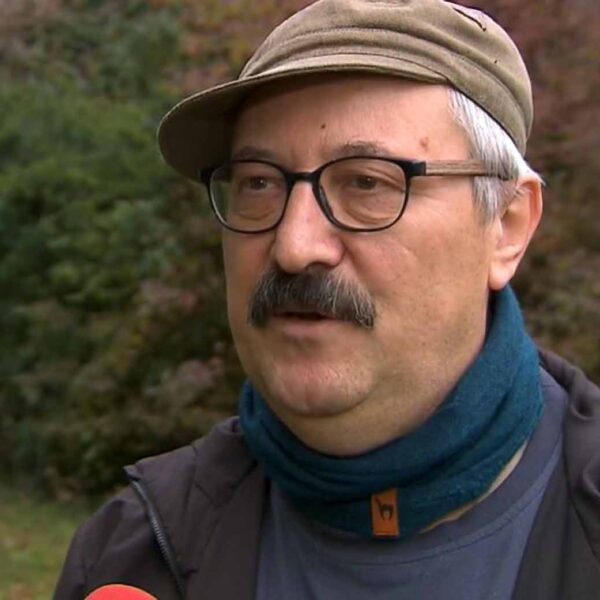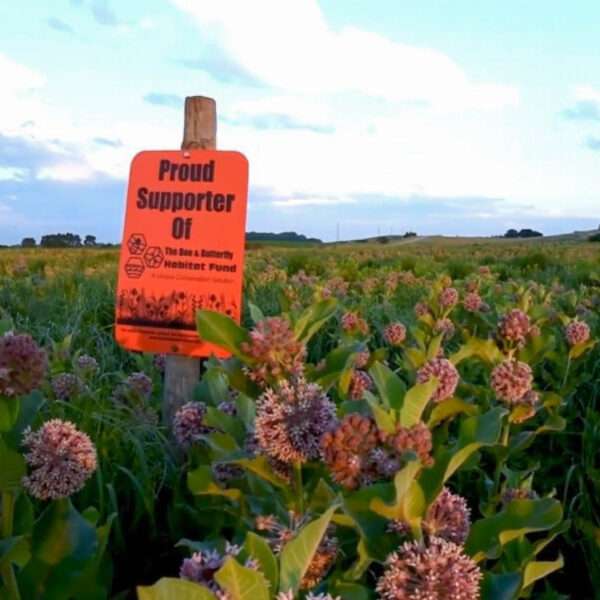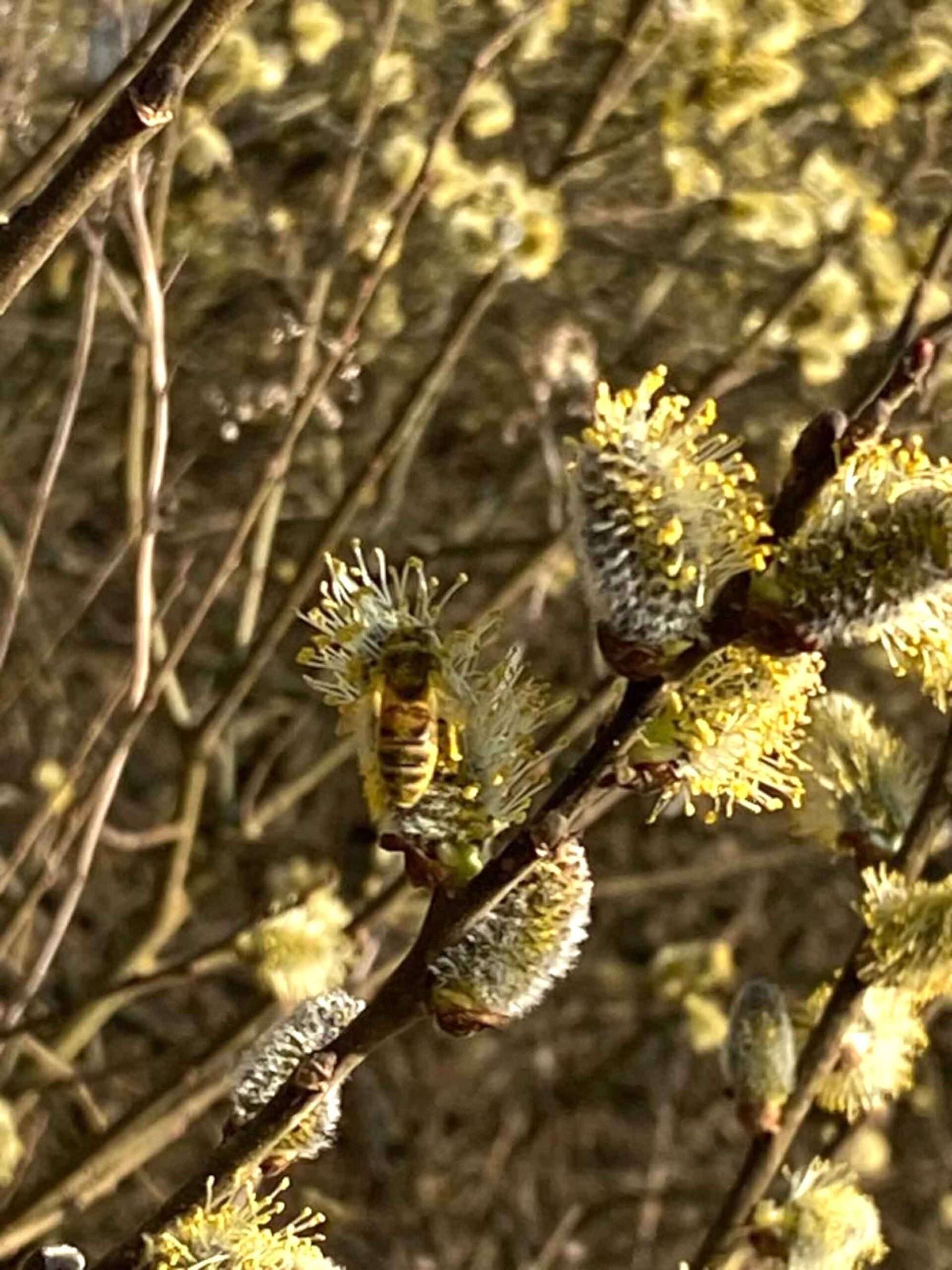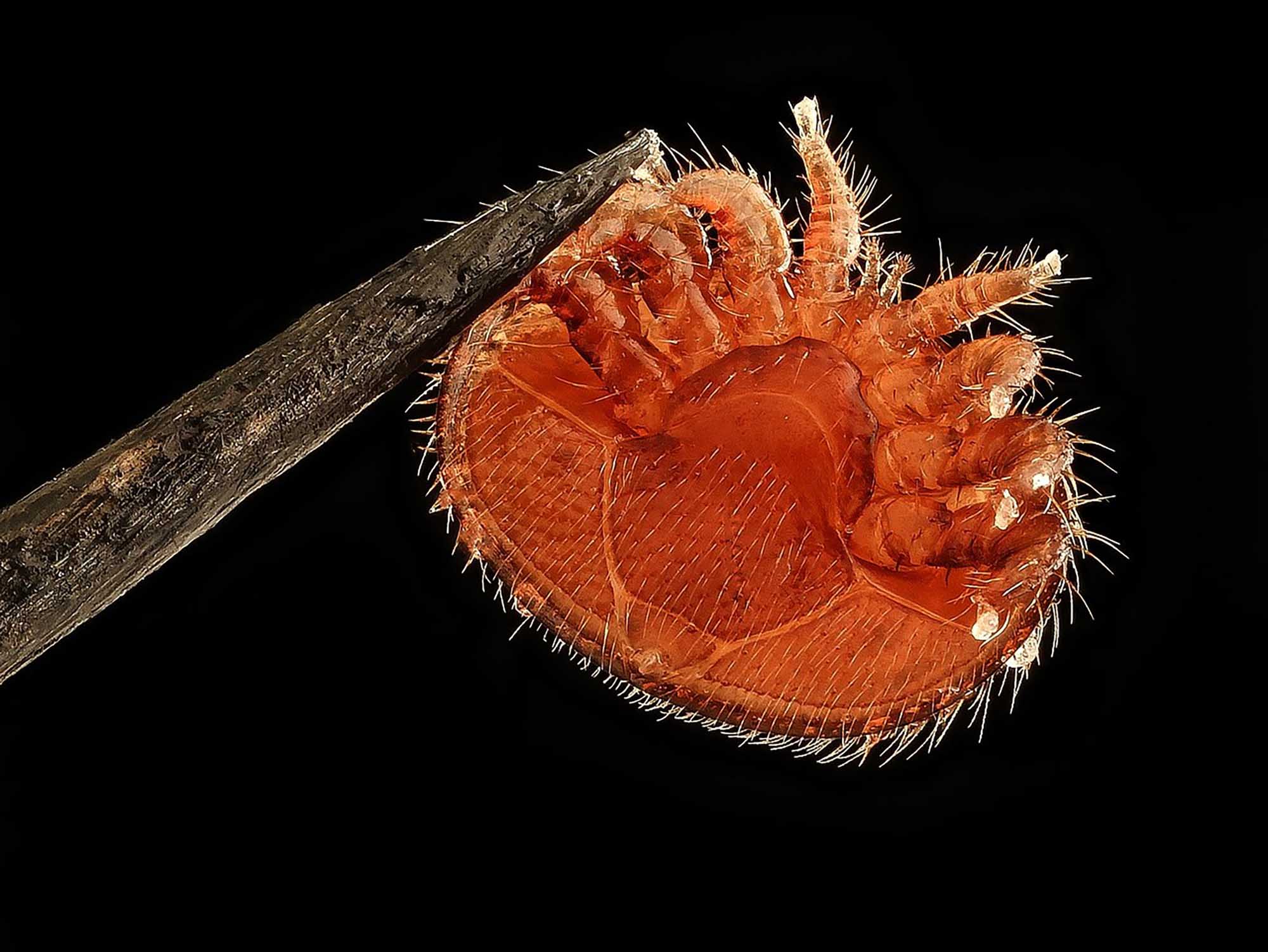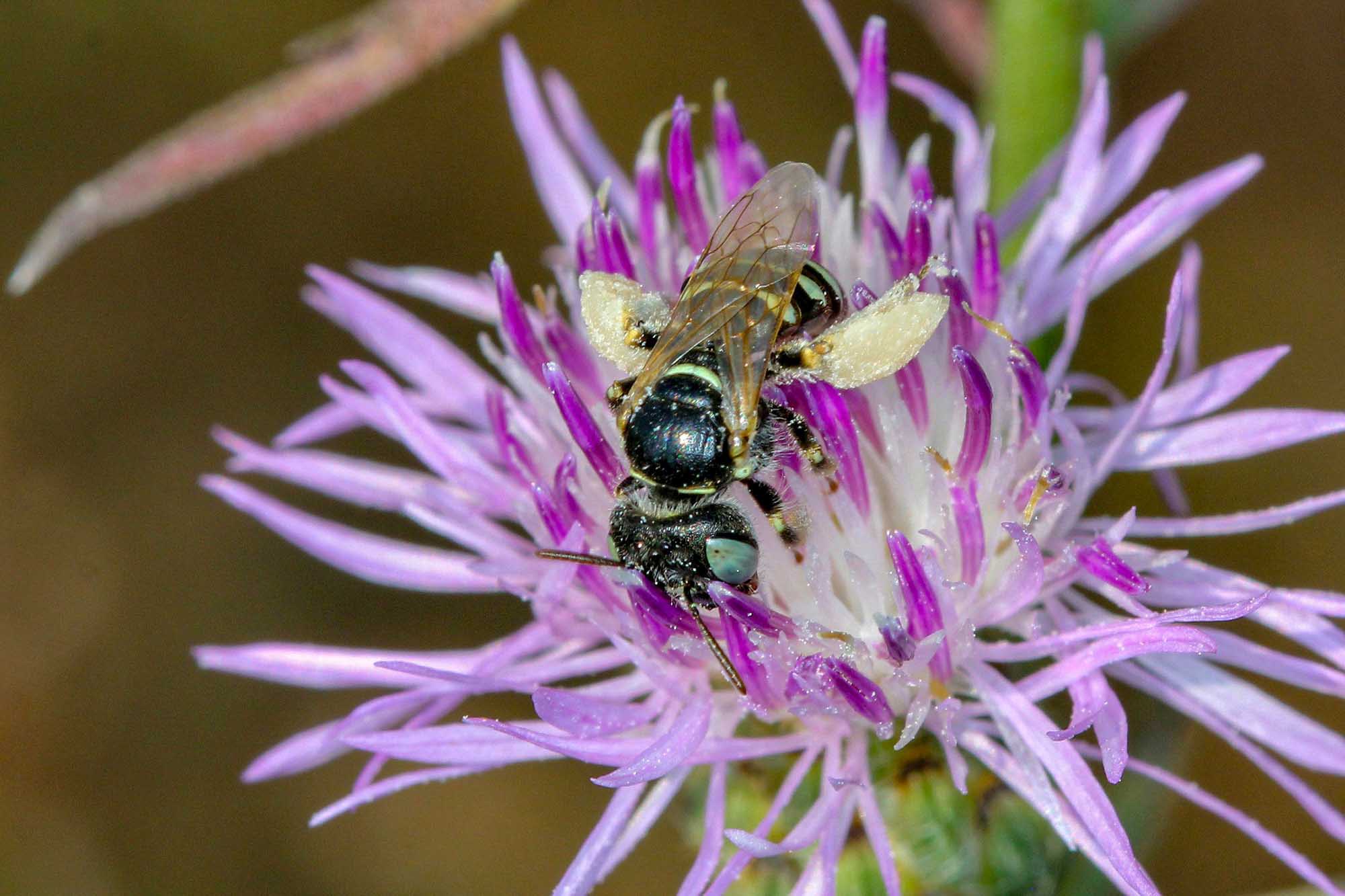A German beekeeper has vehemently denied the claim that the activities of apiarists are not responsible for the decline of undomesticated bees.
Environmentalists and biologists have called for many years for better protective measures for solitary pollinators such as mason bees. Some entomologists have linked the imposing presence of western honeybees with the rapid reduction of insect biodiversity.
Rainer Holzapfel strongly disagrees with this assumption. The apiarist from Diendorf near the Bavarian city of Augsburg argued: “No one blames birds despite the fact that they are eating bees.”
At the Bavarian Beekeeping Association, Rainer is responsible for any solitary bee and biodiversity issues. According to the Diendorf-based beekeeper, many peers would deliberately set up their hives wherever lots of food is available for their colonies. Speaking to broadcaster BR, Rainer mentioned rapeseed fields, dandelion meadows and areas with many lime trees.
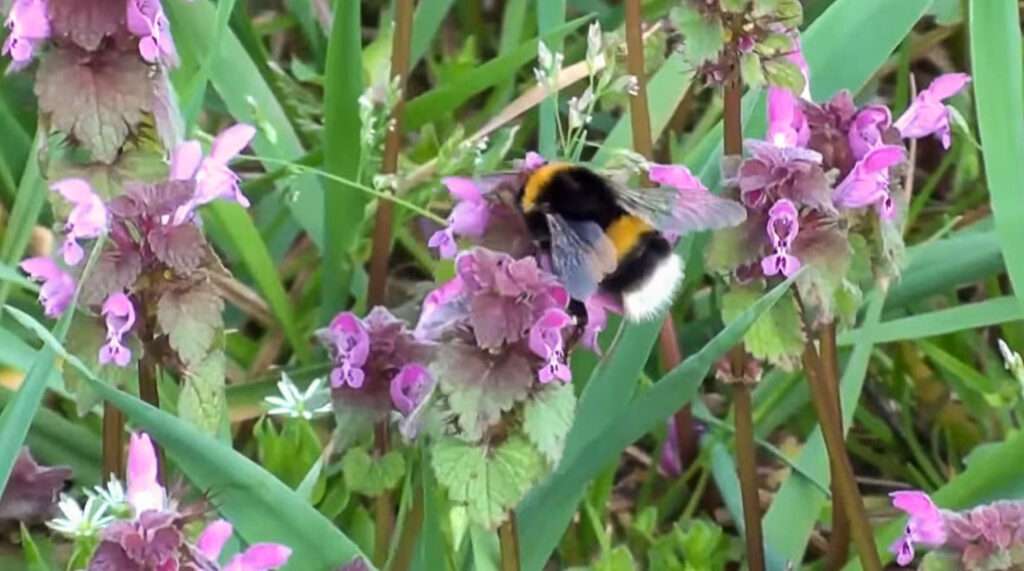
Experts from NABU, a German organisation focusing on the protection of the environment, meanwhile suggested beekeepers should keep a distance of one to two kilometres (0.6 to 1.2 miles) between the location of their hives and any natural reserves.
Domesticated honeybees live in colonies housed in hives. They can rely on the support of apiarists in times of food scarcity. Solitary insects build their nests in suitable spots in gardens, forests and in the soil. There are more than 20,000 solitary bee species in the world. They pollinate certain flowers and plants but do not produce honey.
With more than 33,000 members, the Bavarian Beekeeping Association is the biggest regional apiculture union in Germany.
The Central European country is one of the continent’s leading production locations for honey. However, its apiarists cannot meet consumers’ high demand for the product. This is why German retailers import large amounts of honey from places like Mexico and Turkey.
Rainer’s rejection of accusations that there is a direct link between the shrinking number of solitary bees and the activity of honey farm managers comes after a scientist said beekeeping in Canadian cities should be regulated.
Pollination ecologist Gail MacInnis from Concordia University in Montreal, Quebec, said her studies had shown that the number of solitary species was declining in the vicinity of honeybee hives.
Speaking to broadcaster CBC, Gail warned: “We could start to lose species. We found fewer species where there were lots of honeybees.”
Gail explained that small-sized species were found to be under the greatest risk.
She claimed: “We really have to start regulating this and registering our hives. Knowing where they would mean we can put the cap on the number of urban beekeeping operations before they cause problems.”

